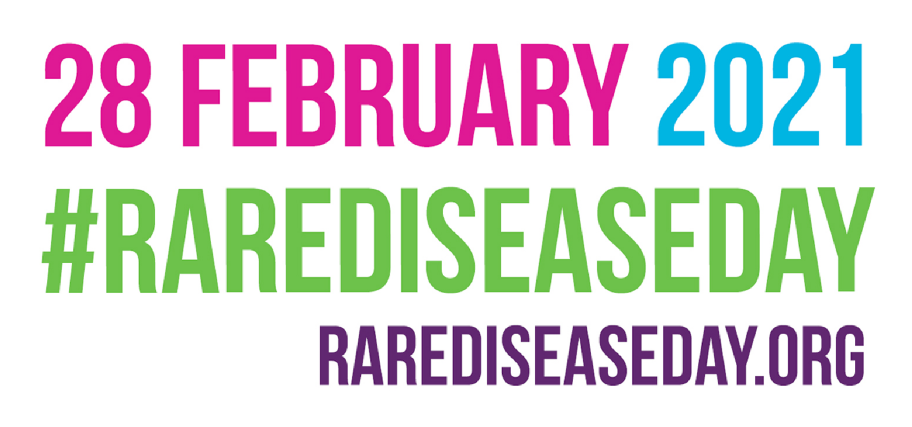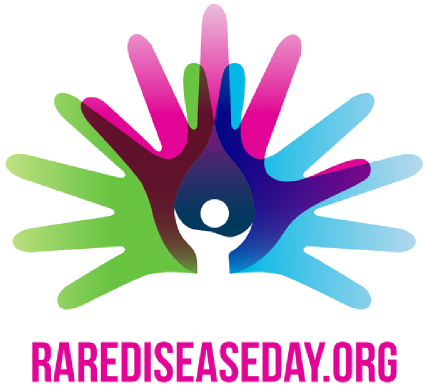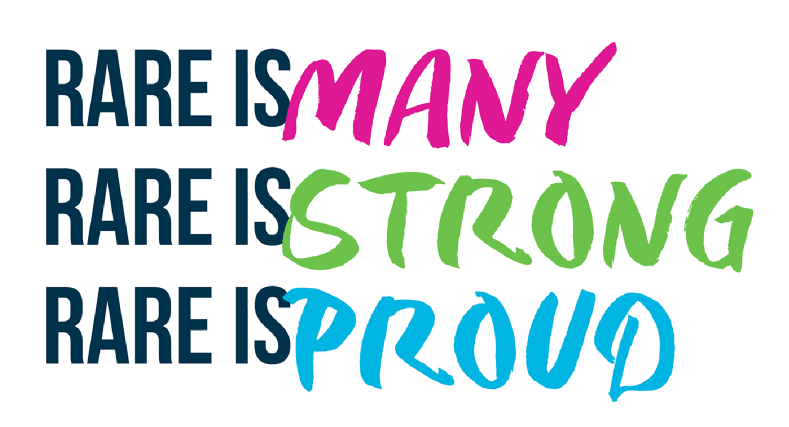We support all people, families and caregivers living with rare diseases, this Rare Disease Day and every day
Dyne Therapeutics Presents Nonhuman Primate Proof of Concept Data on FORCE™ Therapeutic Platform at International Myotonic Dystrophy Consortium Meeting (IDMC-12)
Data demonstrates clinically relevant levels of gene knockdown in nonhuman primates with a single dose of Dyne-102
Company is developing pipeline of targeted therapies for patients with serious muscle diseases including DM1, DMD and FSHD
CAMBRIDGE, Mass. – Dyne Therapeutics, a biotechnology company pioneering targeted therapies for patients with serious muscle diseases, today announced preclinical data at the 12th edition of the International Myotonic Dystrophy Consortium Meeting (IDMC-12) demonstrating the tissue specificity, potency and tolerability of its FORCE™ therapeutic platform in nonhuman primates. The company is advancing a treatment for myotonic dystrophy type 1 (DM1), a rare, inherited muscle disorder caused by a genetic mutation in the DMPK gene, in addition to programs for Duchenne muscular dystrophy (DMD) and facioscapulohumeral muscular dystrophy (FSHD).
Mo Qatanani, Ph.D., Dyne’s Vice President of Discovery and Translational Research, presented data demonstrating clinically relevant levels of gene knockdown in nonhuman primates. Key findings include:
- DMPK RNA knockdown in nonhuman primate skeletal, cardiac and smooth muscle tissues after a single dose of Dyne-102
- Comparable DMPK RNA knockdown at a 60 times lower total dose than a previous DM1 antisense oligonucleotide
- Demonstration of muscle-specific delivery vs. non-muscle tissues
- Favorable safety profile based on clinical blood chemistry analysis 2, 7 and 14 days after dosing, with platelets, hemoglobin, reticulocytes, alanine aminotransferase (ALT), aspartate aminotransferase (AST) and blood urea nitrogen (BUN) remaining in the normal range throughout the study
“Existing oligo therapeutic programs for muscle diseases have demonstrated the potential to knockdown target RNA in preclinical studies. However, systemic exposure resulted in dose-limiting toxicities, restricting their clinical development,” said Mo Qatanani. “Our nonhuman primate data offers compelling evidence that the FORCE therapeutic platform enables tissue-specific delivery that can potentially lead to the development of highly potent and tolerable medicines for a variety of muscle diseases.”
“These preclinical results showcase the enormous therapeutic potential of Dyne’s FORCE therapeutic platform and represent a significant step toward advancing targeted therapies for muscle diseases to the clinic,” added Romesh Subramanian, Ph.D., President and CEO of Dyne. “We are proud to lead the effort to bring life-changing oligo therapeutics to patients with myotonic dystrophy and other serious muscle diseases including DMD and FSHD.”
Details on Dyne’s presentation at IDMC-12 are as follows:
Title: Targeted Delivery of Oligonucleotide Therapeutics to Muscle Reduces Toxic DMPK RNA
Time and Date: Thursday, June 13, 2019 at 3:30 PM CEST (9:30 AM ET)
Location: The Swedish Exhibition and Congress Centre, Main session hall – G2+G3
About Dyne Therapeutics
Dyne Therapeutics is pioneering therapies that target muscle tissue with unprecedented precision to restore muscle health. The company’s FORCE™ platform delivers oligonucleotides and other molecules to skeletal, cardiac and smooth muscle to treat a range of serious muscle diseases. Dyne is advancing a treatment for myotonic dystrophy type 1 (DM1) in addition to programs for Duchenne muscular dystrophy (DMD) and facioscapulohumeral muscular dystrophy (FSHD). Dyne launched in 2019 and is based in Cambridge, Mass. For more information, please visit www.dyne-tx.com.
Contact
Ten Bridge Communications
Max Stendahl, 508-277-8117
max@tenbridgecommunications.com




